Posted on 12/6/2024

Strut and shock replacement is necessary when they no longer perform their intended function of absorbing road shocks and stabilizing the vehicle. Here are some signs that indicate it's time to replace them: Bouncing or Excessive Movement: If the car continues to bounce or sway after going over a bump or uneven surface, the struts or shocks are likely worn out and need replacement. Uneven Tire Wear: Worn shocks or struts can cause uneven tire wear, particularly on the inner or outer edges, due to improper handling of road vibrations. Poor Handling or Steering: If the car feels unstable, drifts during turns, or has difficulty maintaining a straight path, it could be a sign of compromised suspension components. Leaking Fluid: Shocks and struts contain hydraulic fluid that can leak over time. If you notice fluid leakage around the strut or shock absorber, it's time for a replacement. Noises: Unusual noises such as clunking, knocking, or squeaking while driving can indicate wo ... read more
Posted on 12/6/2024

Bouncing or Excessive Movement: If the car continues to bounce or sway after going over a bump or uneven surface, the struts or shocks are likely worn out and need replacement. Uneven Tire Wear: Worn shocks or struts can cause uneven tire wear, particularly on the inner or outer edges, due to improper handling of road vibrations. Poor Handling or Steering: If the car feels unstable, drifts during turns, or has difficulty maintaining a straight path, it could be a sign of compromised suspension components. Leaking Fluid: Shocks and struts contain hydraulic fluid that can leak over time. If you notice fluid leakage around the strut or shock absorber, it's time for a replacement. Noises: Unusual noises such as clunking, knocking, or squeaking while driving can indicate worn-out suspension components. Nose Diving or Squatting: If the front of the car dives down significantly when braking (nose dive) or the rear sags when accelerating (squatting), it could be due to failed struts o ... read more
Posted on 11/20/2024
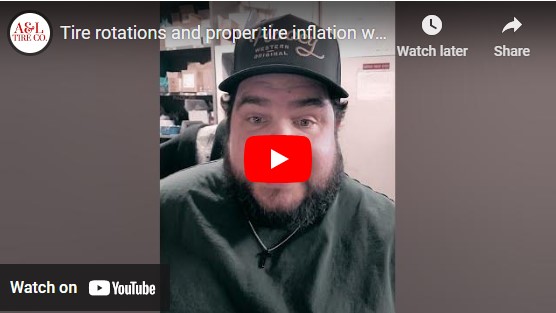
Tire rotations are important because they ensure even wear across all four tires, promoting balanced handling, better traction, and improved fuel efficiency. Regular rotations help extend the lifespan of your tires, prevent uneven tread wear, and contribute to a smoother, safer ride. Neglecting tire rotations can lead to premature tire wear, reduced performance, and higher replacement costs
Posted on 11/13/2024
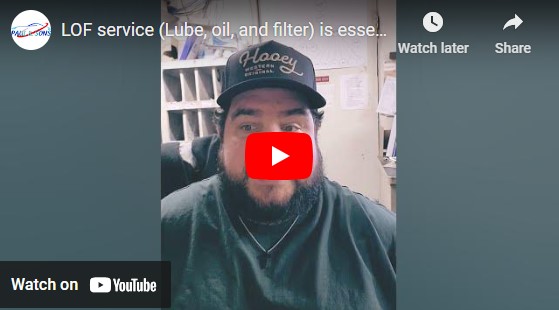
The Importance of Regular Oil Changes for Your Vehicle’s Longevity Regular oil changes are one of the most fundamental maintenance tasks for keeping your vehicle running smoothly. While it might seem like a minor detail in the grand scheme of car ownership, skipping oil changes can lead to major problems down the road. In this blog, we’ll explore why oil changes are so important, how they benefit your vehicle, and the potential consequences of neglecting them. 1. Lubrication and Engine Protection The primary function of motor oil is to lubricate the moving parts inside the engine. The engine is full of metal parts that are constantly moving and rubbing against each other. Without adequate lubrication, friction increases, which can lead to overheating, premature wear, and, eventually, engine failure. Fresh oil helps to maintain a thin protective film between these parts, reducing wear and tear and ensuring that your engine runs smoothly ... read more
Posted on 10/30/2024
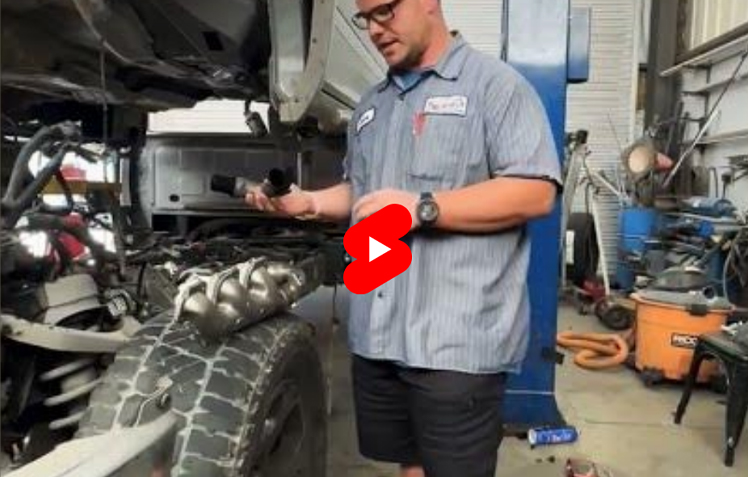
The 3.0L EcoDiesel engine, found in various vehicles like the RAM 1500 and Jeep Grand Cherokee, has been known to experience several common issues: Oil Leakage: Some owners report oil leaks, particularly around the oil pan or valve covers. Exhaust System Problems: Issues with the exhaust gas recirculation (EGR) system can arise, leading to performance problems and potential check engine lights. Turbocharger Failures: Turbocharger issues can occur, often related to wear and tear or oil supply problems. Fuel System Concerns: Problems with the fuel injectors or fuel pumps have been noted, leading to rough idling or starting issues. Cooling System Failures: Some users have reported problems with the water pump or thermostat, which can lead to overheating. DPF Regeneration Issues: The diesel particulate filter (DPF) can sometimes have issues with regeneration, causing increased exhaus ... read more
Posted on 10/24/2024
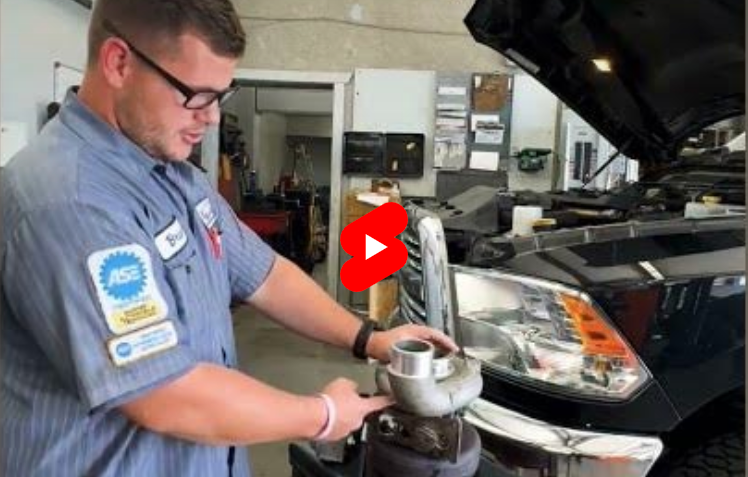
Loss of Power: Noticeable decrease in engine performance and acceleration. Excessive Exhaust Smoke: Blue or black smoke from the exhaust may indicate oil or fuel issues. Whining or Grinding Noises: Unusual sounds coming from the turbocharger, indicating wear or damage. Check Engine Light: Activation of the check engine light, often linked to turbo-related issues. Oil Leaks: Oil around the turbo area can suggest seal failure. Poor Fuel Economy: Decreased efficiency due to turbo malfunction
Posted on 10/4/2024

1. Fuel System Issues Clogged Fuel Filter: The fuel filter prevents debris from entering the fuel system. If it’s clogged, fuel delivery can be restricted, leading to stalling. Fuel Pump Failure: The fuel pump is responsible for delivering fuel from the tank to the engine. If it fails or is weak, it may not supply enough fuel, causing the engine to stall. Dirty Fuel Injectors: Fuel injectors spray fuel into the engine. If they’re dirty or clogged, it can lead to poor fuel delivery, causing stalling. 2. Ignition System Problems Worn Spark Plugs: Spark plugs ignite the air-fuel mixture in the engine. Worn or fouled spark plugs can result in misfires and stalling. Faulty Ignition Coil: The ignition coil converts battery voltage to the necessary voltage to ignite the spark plugs. A failing coil can lead to stalling and poor engine performance. 3. Air Intake Issues Dirty Air Filter: A clogged air filter restricts airflow t ... read more
Posted on 9/20/2024
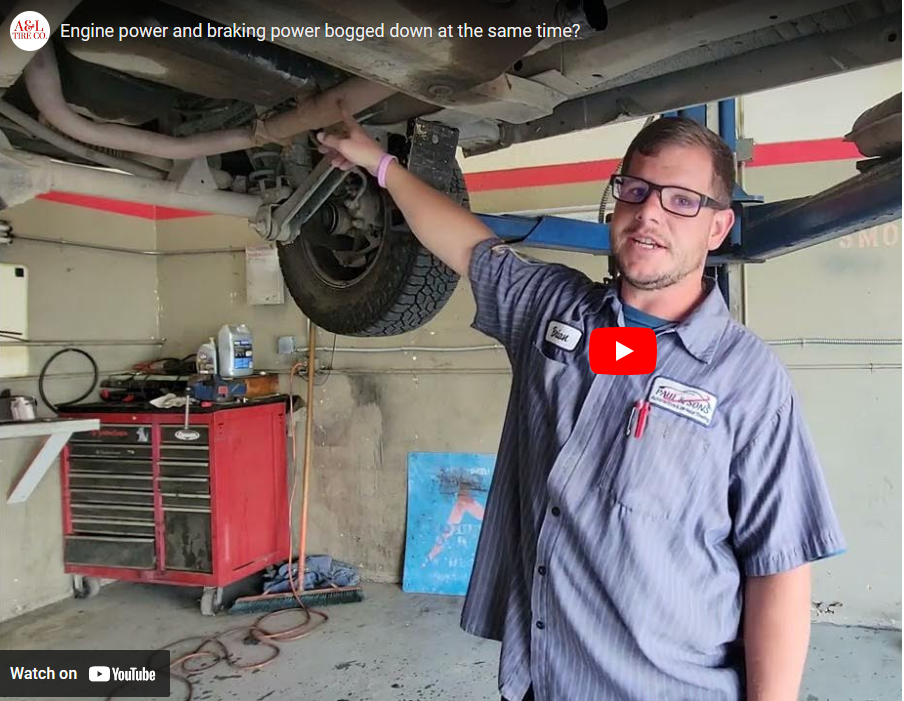
Vacuum System Issues: Many modern braking systems, especially those with power brakes, rely on engine vacuum to assist braking. If there's a vacuum leak or the engine isn't producing adequate vacuum due to a problem like a failing vacuum pump or a leak in the intake system, both engine power and braking performance could be affected. Serpentine Belt Issues: The serpentine belt drives various engine components, including the vacuum pump (if equipped) and alternator. If the belt is slipping or broken, it could impact engine performance and brake assist. Engine Performance Problems: If the engine isn’t running properly, it might struggle to produce sufficient power, which can also affect the operation of components dependent on engine performance, including the vacuum system that assists braking
Posted on 9/13/2024
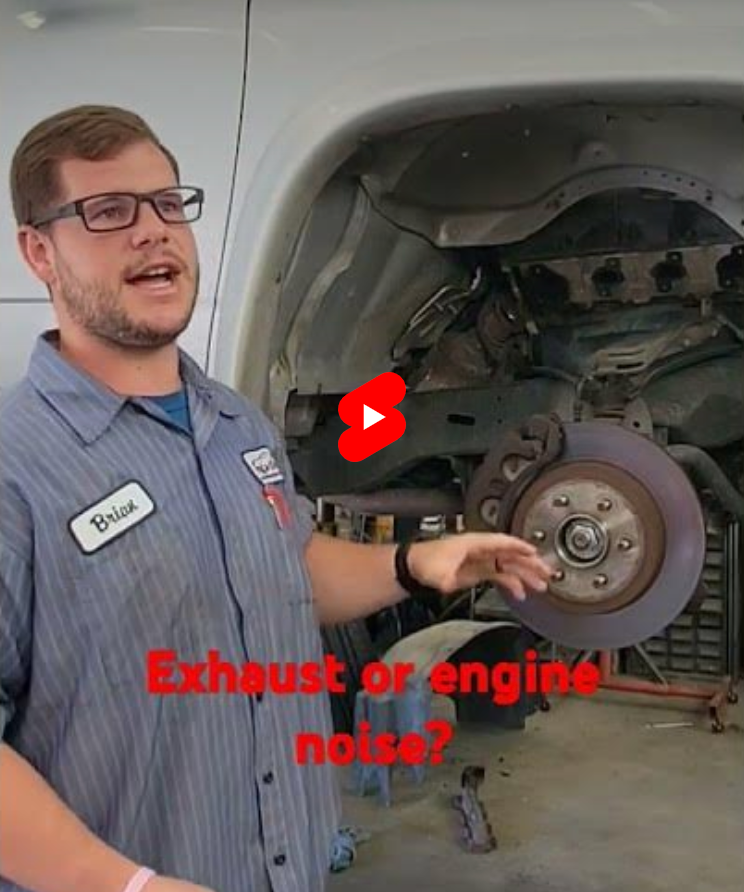
Engine noise and exhaust noise come from different parts of a vehicle and have distinct characteristics: Engine Noise: Source: Comes from the internal components of the engine such as pistons, valves, and the crankshaft. Characteristics: Often described as a rhythmic or mechanical sound, which can vary based on engine speed (RPM), load, and type of engine (e.g., V6, inline-four). It includes noises like knocking, ticking, or rumbling. Control: Can be affected by engine condition, maintenance, and design. Proper tuning and maintenance can reduce unwanted noise. Exhaust Noise: Source: Produced by the exhaust gases exiting through the exhaust system, including components like the muffler, resonator, and exhaust pipes. Characteristics: Typically a more consistent sound compared to engine noise, characterized by a growling, rumbling, or booming noise. It’s influenced by the design and condition of the exhaust system. Control: Can be managed by cha ... read more
Posted on 9/11/2024

A clogged fuel pressure regulator in a diesel truck can indeed cause it to die on the road, and here's how that happens: Fuel Flow Disruption: The fuel pressure regulator's job is to maintain the correct fuel pressure in the fuel system. If it becomes clogged, it can disrupt the flow of fuel. In a diesel engine, fuel is critical for maintaining the correct air-fuel mixture for combustion. When the regulator is clogged, it can either cause too much or too little fuel to reach the engine. Inconsistent Fuel Pressure: A clogged regulator can lead to fluctuating fuel pressure. Diesel engines rely on a steady fuel pressure to operate smoothly. If the pressure is inconsistent, the engine might not get the right amount of fuel at the right time, which can cause it to run poorly or stall. Engine Stalling: If the regulator is clogged to the point where it severely restricts fuel flow, the engine might not get enough fuel to sustain op ... read more